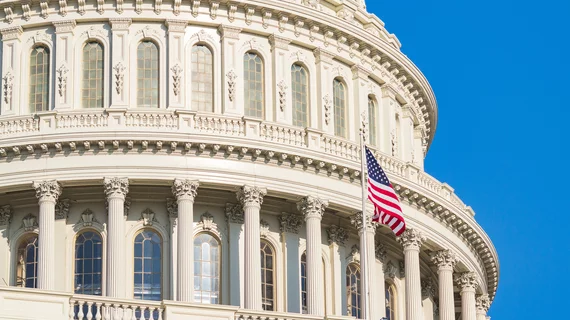MITA backs House repeal of medical device tax, calls for Senate action
The Medical Imaging & Technology Alliance (MITA) released a statement voicing support for the U.S. House of Representative’s Tuesday, July 25, vote to repeal the 2.3 percent medical device tax and called on the Senate to follow suit.
“The House took action to safeguard America’s medical device industries from this harmful tax that would have slowed the pace of new product development and delayed patient access to the next generation of life-enhancing treatments and technologies,” said Patrick Hope, executive director of MITA.
At its inception, the device tax was implemented to partially fund the Affordable Care Act. It had already been suspended twice, most recently during a vote earlier this year which was set to expire in 2020.
A 2016 National Electrical Manufacturers Association (NEMA) survey of leading medical device manufacturers found nearly 70 percent of firms said they would be more likely to hire if the tax was permanently repealed. An additional 60 percent said resources they have set aside to cover the tax would be redistributed to additional research and development funding.
“The Senate should quickly take corresponding action and vote to send permanent repeal legislation to the President,” Hope said. “It is the best possible way to end the uncertainty that has stifled investments in hiring and (research and development) R&D for too long.”

